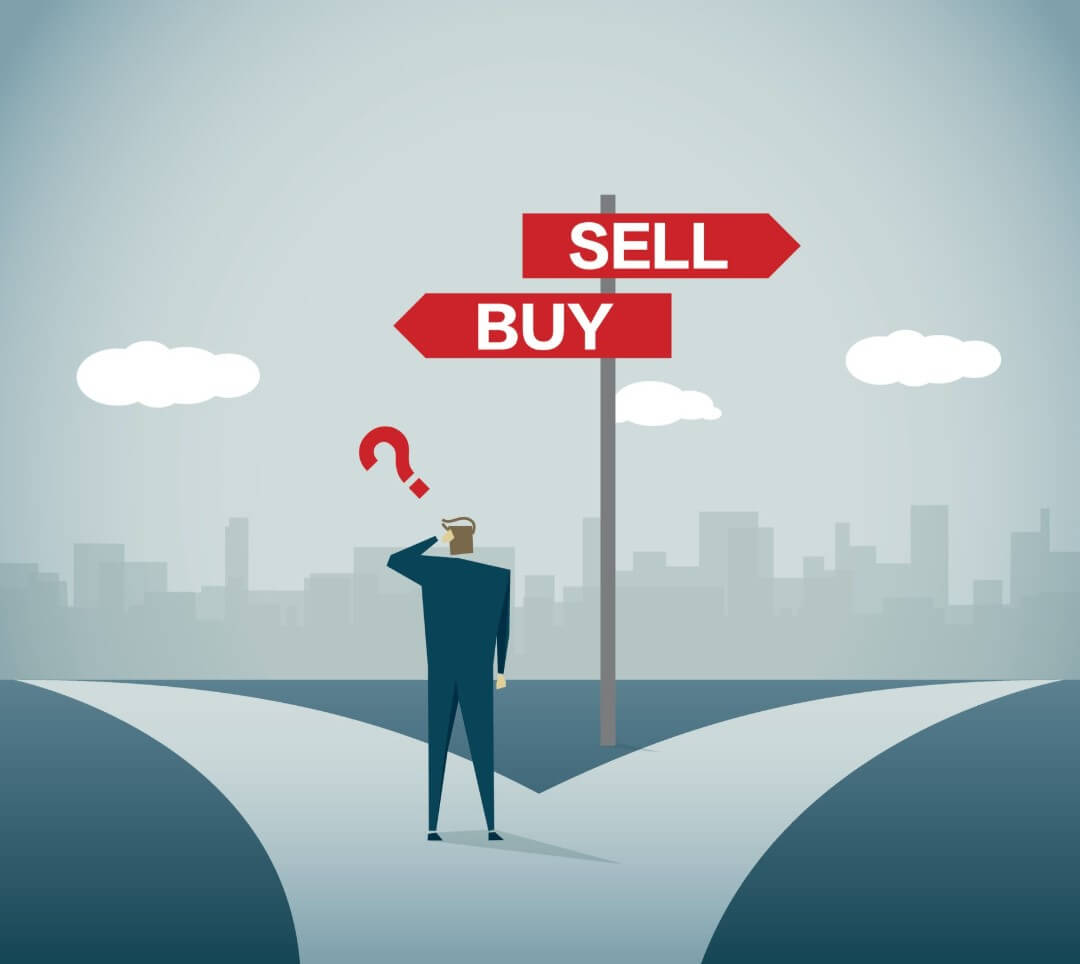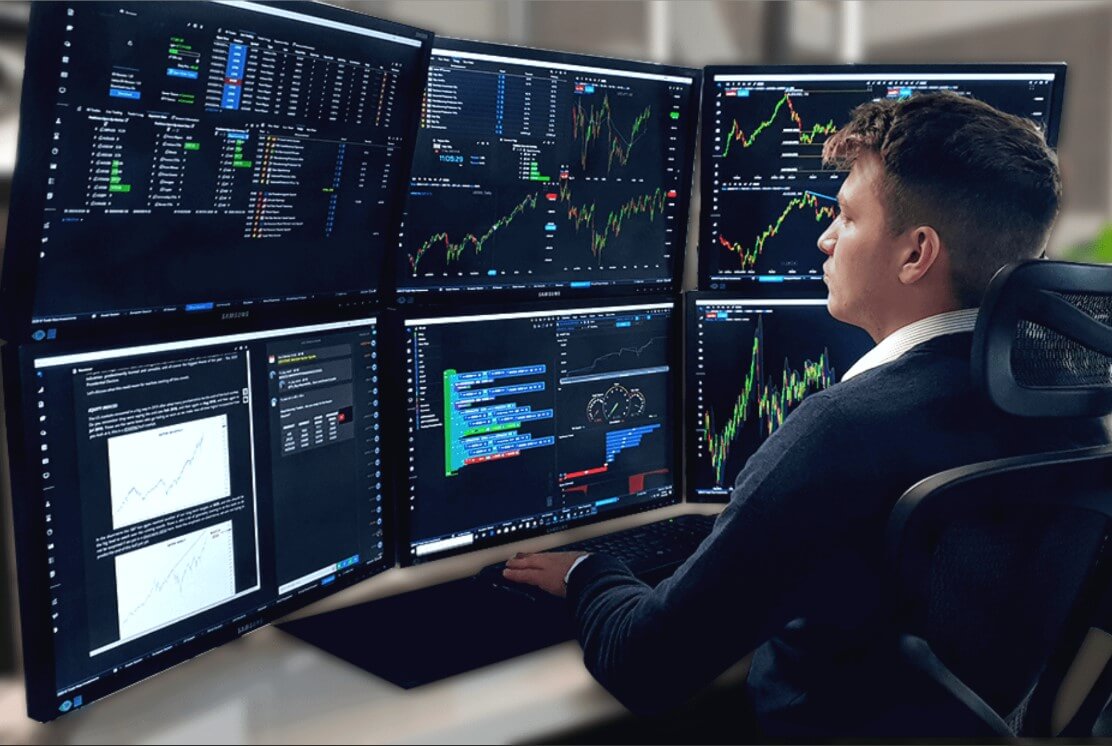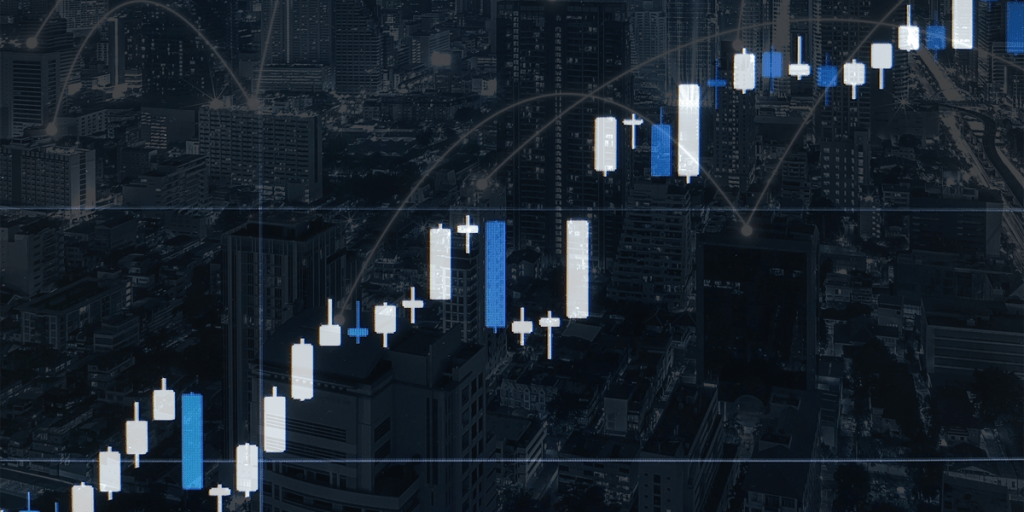Most individuals working as independent contractors for proprietary funds are oriented to proven scientific methods not to just what is the best general advice for trading, but other activities as well. It may sound too broad to be useful but it is very practical. As per their words, this information or advice is very obscured in on the internet. You will rarely find forex trading “coaches” talk about this crucial mindset element to a trader who wants to constantly improve or even become a professional trader for a company. It is so important that your potential to become one of the best on the market will be shadowed if you have habits that will bust any trading account sooner or later.
This method is used by the most successful professionals in many different activities. Champions, tacticians, presidents, and millionaire investors know this, and they have become over time the masters of their game. The advice is simple: You need to avoid, eliminate, or improve factors that take your trading account into negative! Now, when we look at this it sounds like you already know this, no eureka here. But, surprisingly, most trading advice is oriented towards what could bring your trading balance up, completely putting the losses you will make out of the scope. Understanding and identifying looses is the first step and the work on measures that will cut them down.
Now let’s bring this into practice. Speaking of bad habits, every elite professional has them when they start their career. Over time, with good coaching and persistence, they eliminate bad habits that influence their trades. The same can be said for any other profession, our brains tend to react the same way over and over to the same situation or stimulus. Cutting the losing trades caused by these habits out of your balance has the same importance as finding a new rule or a trading tool to improve it. For example, let’s say you have 10 trades, 5 losses, and 5 wins equal in value, 100 for example. If your trading has this breakeven result, you are doing better than the majority of traders.

Now, you have incorporated a rule or a new indicator to your trading system that was able to provide you a new signal and another positive trade on top, increasing your balance to +100. Great, now let’s say you have avoided one of the losing trades by integrating a rule no to trade more than 2 trades on a single currency, for example. This avoidance made your balance +100, the same as when you find a better indicator. The problem is, we treat them differently. We will focus mostly on new and better tools disregarding the impact bad habits have on our account. The reason behind this could be your ego, it could be more interesting to focus on new tools or it could be that subconsciously you have a hard time changing your habits.
What is great about trading and forex is that it will ultimately be a reflection of yourself. How you cope with the randomness of the market and how you seize the momentum. Avoiding losses and finding tools that work well on your balance are what separates the elite from average and from those that never come back to forex. Finding the losing trades is easy, but having a tool or a rule to exclude them is what every professional trader works on throughout his career. When you incorporate a tool that brings you an extra win and one that cuts one of the losing trades your balance will be +200, and this will be a game-changer.
Having a bad habit will always turn your trading balance down, no matter how good your tools are. One of the ways to cope with them is by following three rules. These rules could be a shocker for you since there many videos and mentors that teach and rely on what is essentially wrong, as criticized by some prop traders.
Do not use popular tools, they do not work! Most of those tools you have used in the beginning are not effective. And these cover the internet all over for various reasons. One of them is just because we do not know for any better so we stick with them. The tools regarded obsolete by some professional traders are:
- The very popular RSI
- Also, very popular Trend Lines plotting
- Support and Resistance lines
- Chart Patterns
- Bollinger Bands
- Moving Average Crossovers (doesn’t mean MAs do not work per se, just crossovers)
- Fibonacci
- Fundamental Analysis (essential only to investors)
- Japanese Candlesticks
- Stochastic Oscillator
- CCI indicator
- Price Levels
You are probably familiar with at least one of these when starting and using some of them, if not all. It is not a surprise since the abundance of material based on them is just obscuring what could be a better solution for you. For die-hard RSI traders, this is hard to believe, but it could also be a habit of sticking to a tool they have used since doing their first baby steps into trading. Searching out for a better tool should not be too hard, at least for some of the above-mentioned tools. Many alternatives just work better. As to why these are not good enough is a separate article for each.
Trading on intuition. How many times you have traded like this on various aspects and had a feeling someone is rigging the market when it does not go your way? Many like this way, it is that feeling what rewards them when they trade positively, pushing them to do it again until they bust the account. These traders create gambling out of forex trading, it is probably just a substitute for a casino to them. This is a very undisciplined way to trade. Here is what usually drives a trader to go into the “feeling” trading:
The Fear of Missing Out – FOMO

The market will play tricks on your mind, you may start to feel some hesitation after a few losing trades. Let’s say you pass on the long trade you felt was right on some currency pair. After a calm price movement, you suddenly see that spike up, and it is going strong, fast. The price is already way over your initial entry level but you feel this is the one that will recover all of your previous losses. Of course, many of these trades will be just another loss. The probability is against you when you are late on the move, further reducing your outcome of a positive trade, and later on your ability to save your account. To cope with this, a well-made trading system with specific signals when to enter or close is something we have to build and rely on. This is how confidence will also grow to a point we do not have FOMO trades ever again. Also, eliminate losses produced by intuition trading.
The Overbought and Oversold guess by observing the chart. This is another common habit where traders just feel some currency is Overbought when they see some sharp rally. They do not have a definitive reason why that point is the right opportunity to open a reversal position. On top of that, currencies do not have limited supply like Gold or stocks to have Overbought economic pressure.
Exiting a trade on a feeling. Indicator telling you to exit or a news event could be a reason good enough, but exit on a feeling is probably just you wanting to have a “humble” reward instead of facing remorse of losing a profit trade you once had. The point here is that you have just limited yourself to have small winners that will not matter to your balance much in the long term. Reinforcing your feeling of exiting is further complicated when you guess the right moment. This prolongs the wrongful conviction of your intuitive abilities. Intuition simply does not have a place in forex trading.
Emotions
You cannot rid of this since we are all emotional in some capacity. It is easy to say do not be emotional when trading. To manage them you will need time, and most of all, the system. Relying on a system that works is a remedy for your emotions. The system should be your final answer to all the questions the forex market will ask you. Even the professionals have moments of doubt when a series of bad trades come in, or even worse when an extreme loss hits them without any warning. Trading with a demo account may give you a feeling you have finally eliminated emotional trading with a good system. The emotions will come back again when you decide to put in your money, and again when you trade someone else’s money. The final master of your emotions will be your confidence based on your system that simply works, just stay out of the way.
Trading without a Trading System
When you have a definitive answer to all market situations, all of your guesswork, intuition, and other bad habits are swept away. All you have to do to keep that account growing is to read your plan and trade accordingly, without exceptions. Whatever your initial plan may be, it’s a great start and it will show results right away. Over time and with testing, your plan will evolve and bring more and more gains. Before you make your first Trading Management plan, which is not hard to do, you will need to avoid certain aspects as per the prop trader’s advice.
Not having a flexible or adaptive system. To elaborate, every currency behaves differently on the market and will have different pip sizes of trends, range periods, news event moments, etc. Having the same Stop Loss distance, for example, to all of them does not make any sense and will certainly impair your ability to do well on most of them. That 50 pips Stop Loss may work on the EUR/USD pair but will certainly be triggered more often on the GBP/USD simply because the GBP moves a lot more. Different timeframes also set different price action, your 50 pip Stop Loss on a 5-minute timeframe does not have any practical use since you will have many trends and spikes that could be cashed in with the proper Stop Loss.

Reversal Hoping
A trade does not go your way, but you feel it is going to reverse and you move your Stop Loss, again and again to the point your trade is a big loss now. You have just made your Stop Loss useless, and your Trade Management plan. The best advice on this is, apart from avoiding moving your Stop Loss, is let that trade hit it, wait for it and if it happens, move on. Now you have that losing trade that may help you improve your system later, losing is a part of trading. Like before, moving a Stop Loss and experience a reversal will just prolong your conviction you were right and go back to emotion trading. Resist this habit, you will most likely do it again but in time you will understand. Similarly to the intuition exiting when the trade is positive, exiting out of fear of Stop Loss being hit when a trade is negative is not going to help you become a consistent gain trader.
Limiting Winners
If you are familiar with Stop Loss and Take Profit management then you know about the Risk-Reward ratios. Most of the traders cap both sides of a trade, using a Stop Loss and Take Profit. This is a disciplined way to trade as you have defined positions for both according to the plan. Risk Reward ratios of 2 to 1 mean your potential profits exceed the amount of loss twice fold. Similarly when you put Take Proft to 10 pips distance and Stop Loss 5 pips distance. Unfortunately, this approach also limits your gains twice fold. Trends can extend way more than 10, 100, or even 1000 pips. These trades with extreme gains are the ones that will make an impact at the end line, no the small ones and you have just capped that possibility never to happen. This is why the ratios are not a good way to start your plan. There are better approaches to how you can have great Risk Management based on scaling out or partial position closing and moving the Stop Loss to breakeven.
The Trading Plan is easy to create following all these points. Let us say you are adaptive and have an indicator that measures volatility (ATR), set the pip value accordingly as the Stop Loss distance, for example, say it is 10 pips. Set your Take Profit to be 10 pips too but only to partially close 50% of your position and leave the other half uncapped. This way you can capture extreme trend moves and profits. Once your Take Profit is hit you can only win because you will also move your Stop Loss to breakeven, the price level you have entered. Even if the trend reverses and hits your Stop Loss at breakeven, you have captured that 50%. You have set up the first Risk Management plan that will evolve and work in conjunction with other tools you will develop. Prop traders usually have an indicator for every situation, when to exit, when to continue trading, when to enter a trade, when to avoid trading, and so on. Having this rule list by your side is not your pillar of confidence, every time you open a trade, follow this plan. Now, compare your results with and without a plan.
Source: No Nonsense Forex channel






